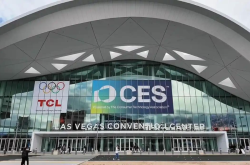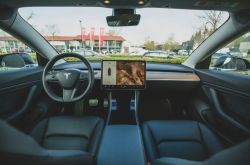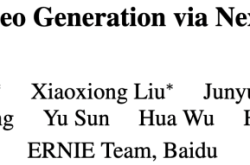The Truth Can No Longer Be Hidden: Slumping Sales, a Lackluster Auto Show, and Struggling Dealers—The Auto Industry Must Face Reality
![]() 11/26 2025
11/26 2025
![]() 617
617
Data from the China Passenger Car Association reveals a concerning trend: between November 1st and 9th, nationwide retail sales of passenger vehicles plummeted by 19% year-on-year, with new energy vehicles (NEVs) experiencing a 5% decline. Despite government incentives like purchase tax reductions and vigorous marketing efforts by automakers, consumers are tightening their purse strings, refusing to boost sales as anticipated. This spells trouble for the auto industry.
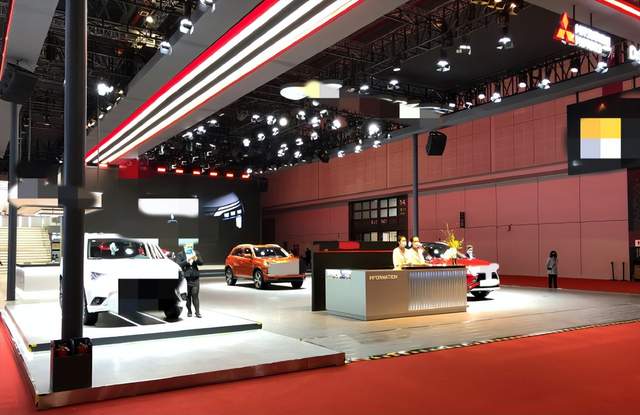
The current Guangzhou Auto Show paints a similarly gloomy picture. Media reports indicate sparse attendance and a lack of enthusiasm from automakers. The journey from the subway station to the exhibition hall reveals fewer promotional billboards compared to previous years, while the number of participating automakers has also dropped significantly.
Dealers have long been grappling with immense pressure. The Automotive Circulation Association reports that over half of domestic dealers are operating at a loss. These dealers are heavily reliant on rebates from automakers for their profits. However, as automakers continuously raise sales targets and many domestic brands fall short of their projected sales this year, dealers find themselves stuck between accepting excessive inventory and failing to meet automakers' expectations, making it difficult to secure those crucial rebates.
In the first half of this year, some dealerships have already closed down, leaving car owners without after-sales support and sparking widespread backlash. While some automakers have lowered their annual sales targets in the latter half of the year, they show little inclination to proactively compensate or assist struggling dealers. This is unsurprising, given that profit margins in the auto industry have already dwindled to below 4%, according to industry insiders. Automakers themselves are struggling to stay afloat.
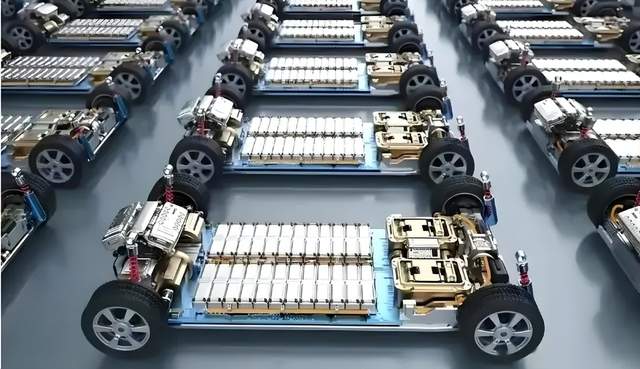
Faced with this bleak market outlook, some automakers are still ramping up production capacity, leading to a shortage of batteries—a critical component for electric vehicles. This suggests that certain automakers remain overly optimistic about market demand. However, such actions could strain their finances and lead to further complications.
Last year, even amid overall growth in the domestic auto market, some new automakers faced difficulties. Now, with more unfavorable news emerging, these companies are still aggressively expanding production, potentially repeating the mistakes of those already in financial distress.
It's worth noting that one automaker, a privately-owned company established in the 1990s, began consolidating its numerous internal brands in the first half of this year to cut costs and ensure survival amid tough market conditions. Having weathered numerous challenges, this automaker has a keen sense of the market and its approach offers valuable lessons.
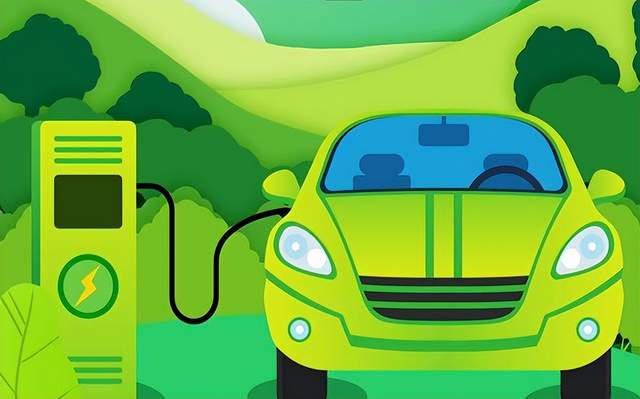
Next year, the halving of purchase tax incentives and the inevitable reduction in subsidies will further weaken support for NEVs. In response, most automakers are adopting a cautious stance. As the New Year approaches—a period that typically spurs car-buying enthusiasm—the disappointing start in November serves as a stark reminder for automakers to proceed with even greater caution.
With NEV support waning, many fuel-powered vehicle companies are feeling optimistic. After enduring a downturn, they hope for a rebound in sales. Since June, there have indeed been signs of a recovery in fuel-powered vehicle sales. If the competition between fuel-powered and electric vehicles becomes more balanced next year, there's a strong possibility of a robust comeback for fuel-powered vehicles.
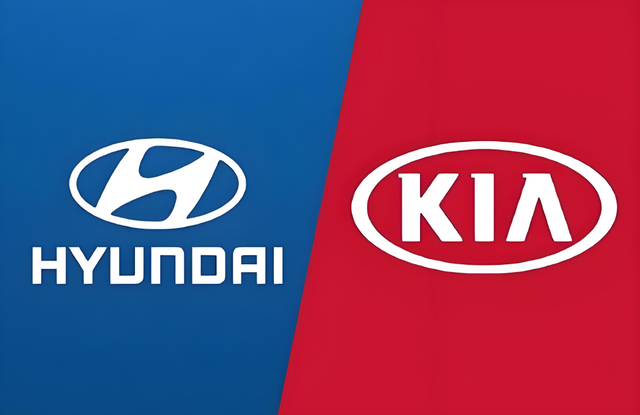
Foreign automakers are also seizing the opportunity. Hyundai Kia has been making aggressive moves in the domestic market this year, recently appointing a Chinese native as general manager to capitalize on the potential rebound of fuel-powered vehicles. A Hyundai executive even stated that they are waiting for new automakers to "burn out" (run out of funds and collapse). Volkswagen, Toyota, and others, with strong financial positions and only minor setbacks in the Chinese market, are expected to launch fierce counterattacks.


